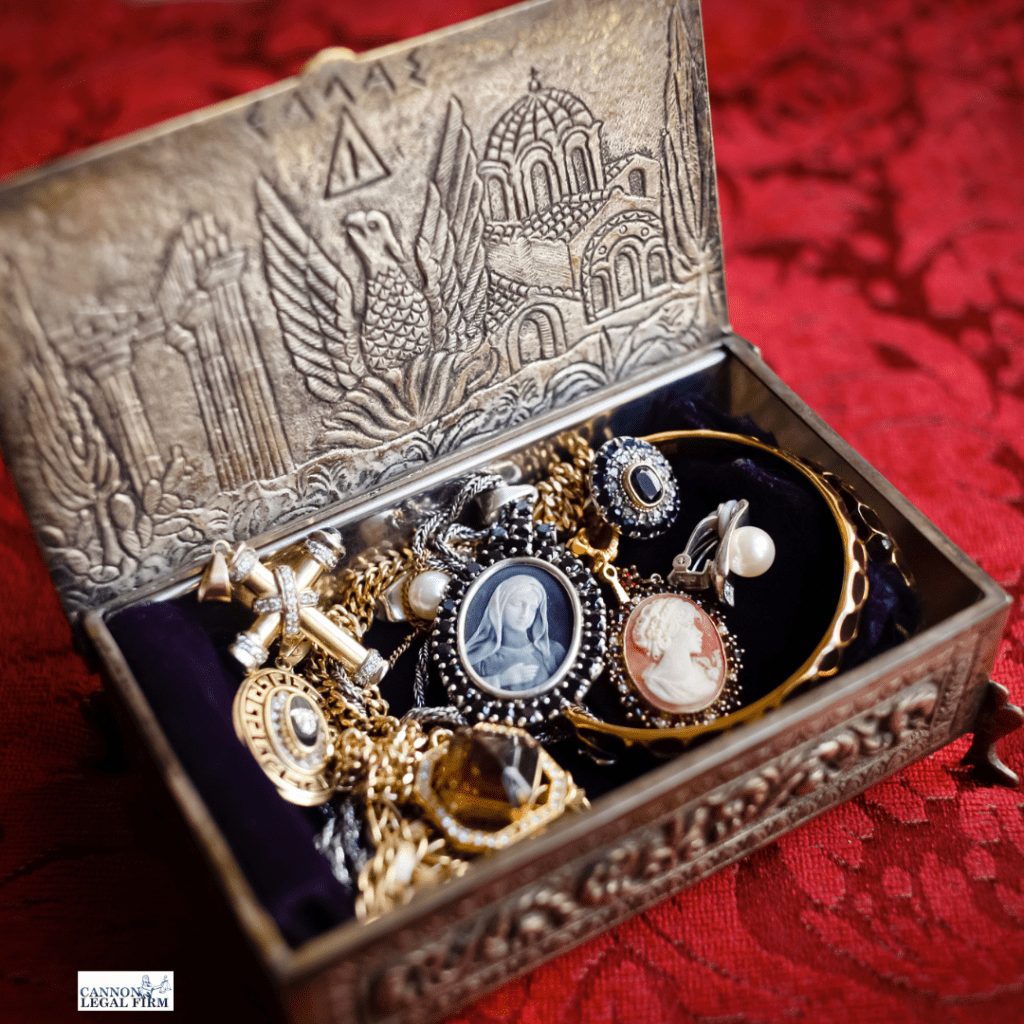Tips to Minimize Family Feuds Over Personal Property with Your Estate Plan

1. Create a Detailed Inventory
Start by compiling a comprehensive list of your personal property. You can include sentimental items such as jewelry, heirlooms, family photos, and valuable assets like art collections or antiques. This inventory may serve as the foundation for a clear and equitable distribution plan.
2. Communicate Your Wishes
Don’t leave your family guessing. Open and honest communication about your intentions can prevent misunderstandings. Consider holding a family meeting to discuss your estate plan and address any questions. This lets your loved ones express their feelings and helps you avoid surprises later.
3. Use a Will or Trust to Specify Distribution
A properly drafted will or trust is essential for minimizing conflicts. Clearly outline who will inherit each item in your estate. Be as specific as possible, especially with sentimental or monetary value items. Ambiguity can lead to disputes, so you should avoid general statements like “divide equally among my children.”
4. Address Sentimental Items Thoughtfully
Sentimental belongings often carry more emotional weight than financial value. Consider involving your family in the decision-making process to determine who values certain items most. Some families use a rotation system where heirs take turns choosing items until everything is distributed.
5. Consider Professional Appraisals
For items of significant monetary value, such as jewelry or artwork, hire a professional appraiser to establish their worth. This ensures an equitable distribution and can reduce the potential for disagreements over perceived value.

6. Utilize a Memorandum of Personal Property
Many states allow you to attach a legally binding memorandum to your will. This document lists specific items and their intended recipients. A memorandum can be easier to update than a will, making it a practical tool for handling personal property.
7. Appoint a Neutral Executor or Trustee
Choosing an impartial executor or trustee can prevent accusations of favoritism. Consider hiring a professional fiduciary or a trusted family friend to oversee the distribution process. This can help maintain harmony and help your wishes be carried out fairly.
8. Plan for Contingencies
Life is unpredictable, so account for potential changes in your plan. Specify what should happen if a beneficiary predeceases you or is unable to inherit. Clear instructions can prevent legal battles and ensure your property is distributed as intended.
9. Review and Update Your Plan Regularly
Circumstances change, and so should your estate plan. Review it periodically to ensure it reflects your current wishes and family dynamics. Major life events, such as marriages, divorces, or births, may necessitate updates.
10. Consult an Estate Planning Attorney
An experienced estate planning attorney can guide you through the process and help you avoid common pitfalls. They can also ensure your documents comply with state laws and address unique family dynamics effectively.

By taking these proactive steps, you can minimize the risk of family feuds and leave behind a legacy of peace and unity. Your estate plan is more than a legal document—it’s a powerful tool for preserving your family’s harmony and honoring your values. Get a free, no-obligation consultation from experienced Attorney, Dana Cannon of Cannon Legal Firm. Book Now.

